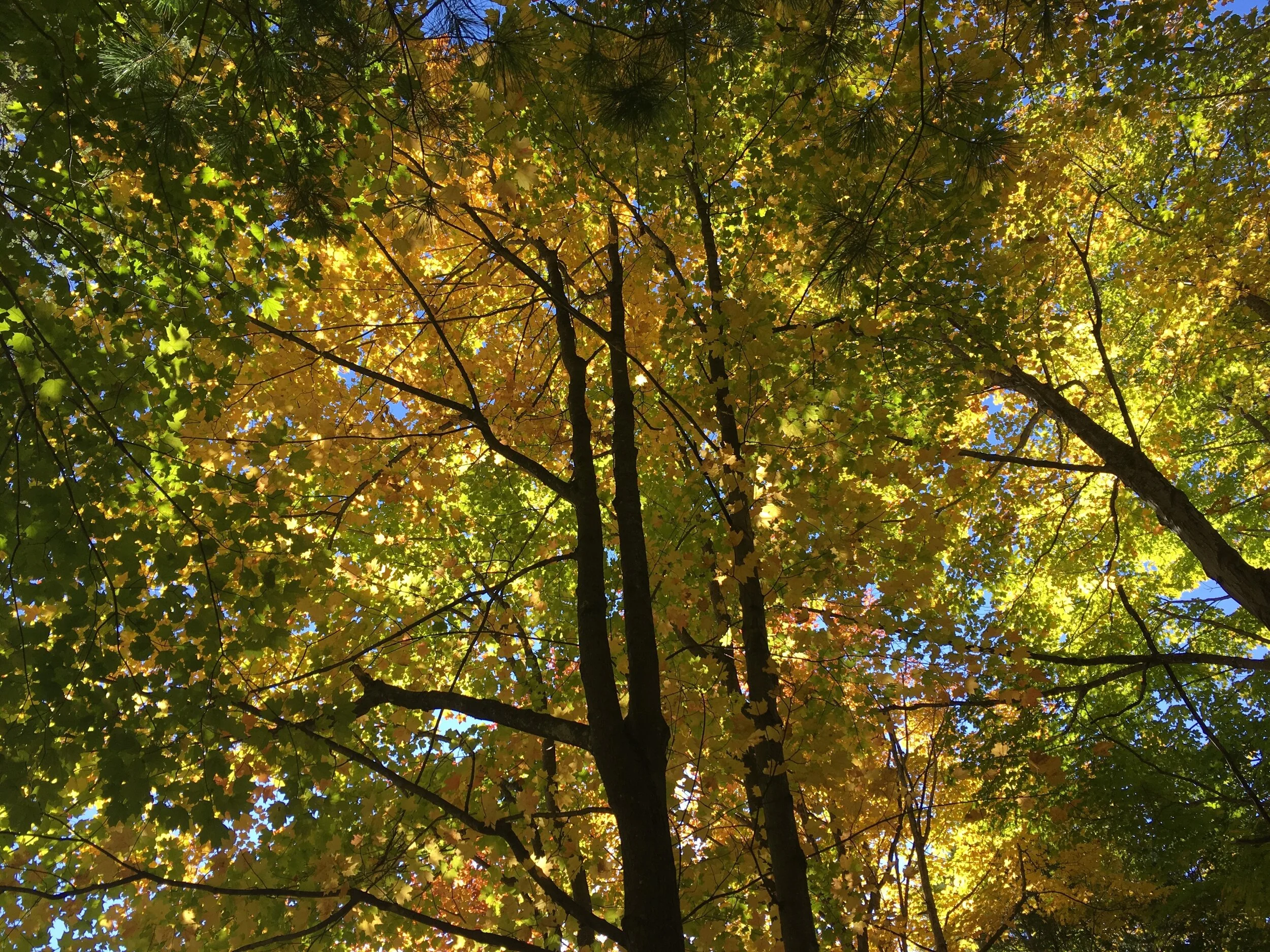October 16 is World Food Day. World Food Day was established by the Food and Agriculture Organization (FAO) of the United Nations in 1979 and is one of the most widely celebrated days on the UN calendar bringing awareness to hunger and promoting action in support of food security.
Food security is defined not only by the availability of food to a population, but also by the ability to access and afford nutritious and culturally appropriate food to support a balanced diet and an active and healthy life. Social determinants of health regularly guide Odonaterra’s work with communities and integrating food security is increasingly important. Communities have regularly identified country food as essential for their health and wellbeing and access to this source of nutrition helps maintain or improve food security. This means that any proposed development on lands used for hunting, trapping, fishing, and gathering must be considered with this in mind and with appropriate mitigations in place in order to gain consent from Indigenous groups.
Reflecting on recent Thanksgiving celebrations, it is evident that food insecurity remains a problem in Canada and frequently impacts Indigenous communities disproportionately (PROOF, 2020). Cumulative impacts of colonialism have also contributed to this problem by disconnecting Indigenous peoples from their food systems. Over the summer, Odonaterra developed a self-guided presentation summarizing food security in Canada as well as best practices for reducing food insecurity and increasing “food sovereignty,” or people’s ability to take ownership over the food systems and food choices supporting their communities.
Several successful initiatives for increasing food sovereignty have been implemented across the country. For example, the Cree Hunters and Trappers Income Board, an initiative under the James Bay Northern Quebec Agreement, has empowered Cree land users in northern Quebec to secure an income by harvesting food for the local community. The Cree Hunters and Trappers Income Board provides an example of how proponents could work with communities to mitigate potential food system impacts and increase food security by offering funding to support community-based country food harvesting.
Nutrition North Canada is another example of a food security initiative for northern Indigenous communities. Created by the Government of Canada in 2012, the program focused on making food more accessible and affordable in northern Indigenous communities. Although well intentioned, in the last ten years, food security has not improved as a result of the program (Batal et al, 2021). In response between 2020 and 2022, the Government of Canada made efforts to integrate more holistic activities. Recent commitments to amend the program are expected to better address Indigenous food security by enabling community-led activities that increase the availability of locally grown and locally harvested country foods. This includes the Harvesters Support Grant and the Community Food Programs Fund which were developed in collaboration with Indigenous partners and aim to reduce reliance on store bought food, restore harvesting practices and enable local food production and community food sharing. Funding through Nutrition North Canada also provides for food security education and research.
While these are just some examples of food security initiatives, many others exist, including on-reserve food production and creating inventories of traditional uses for plants to encourage the next generation to harvest, use, and share these resources.
Each year we donate to a charity that serves Odonaterra’s client communities. Last year, a donation was made to Food Banks Canada due to the reported increase in use in recent years. This year we aim to take a step further by supporting an organization that is empowering communities to take leadership in their own food systems by donating to the People’s Food Institute.
Odonaterra continues to build expertise in food security. This year, Fiona has been working on a Post-Graduate Food Security Certificate at the Toronto Metropolitan University of Canada, with courses on Indigenous food systems in Canada, food policies and programs, and gender and food security. Our team is committed to increasing our skills in this area and to integrating food security considerations in future land laws, land use plans, and impact assessments co-developed with Indigenous groups.
If you are interested in integrating food security into your next project, connect with us to discuss how we can help achieve your goals.
References
Batal, M., Chan, H.M., Fediuk, K. et al (2021). First Nations households living on-reserve experience food insecurity: prevalence and predictors among ninety-two First Nations communities across Canada. Canadian Journal of Public Health, 112 (Suppl 1), 52–63 (2021). https://doi.org/10.17269/s41997-021-00491-x
PROOF. (2020). More Canadians are food insecure than ever before - and the problem is only getting worse. PROOF. https://proof.utoronto.ca/2020/more-canadians-are-food-insecure-than-ever-before-and-the-problem-is-only-getting-worse/

